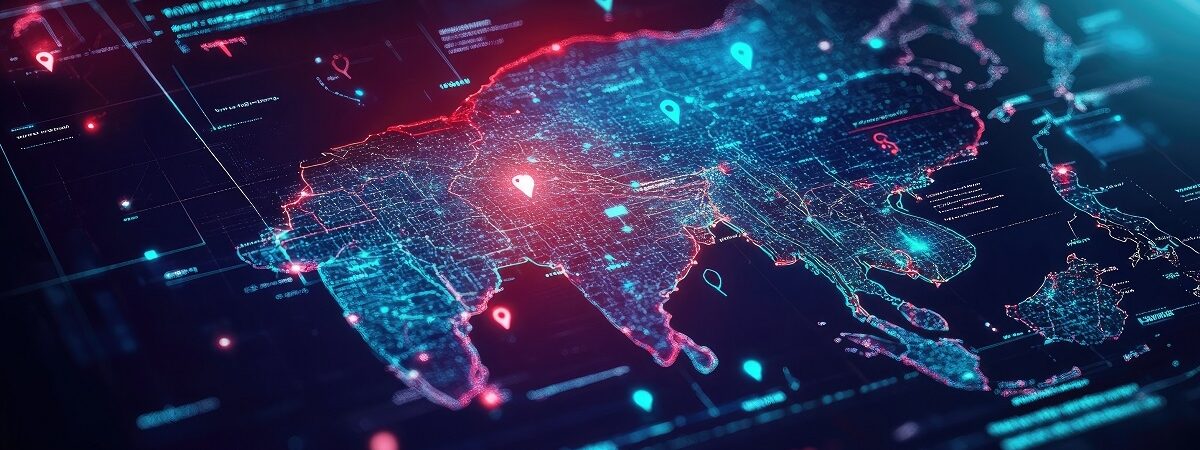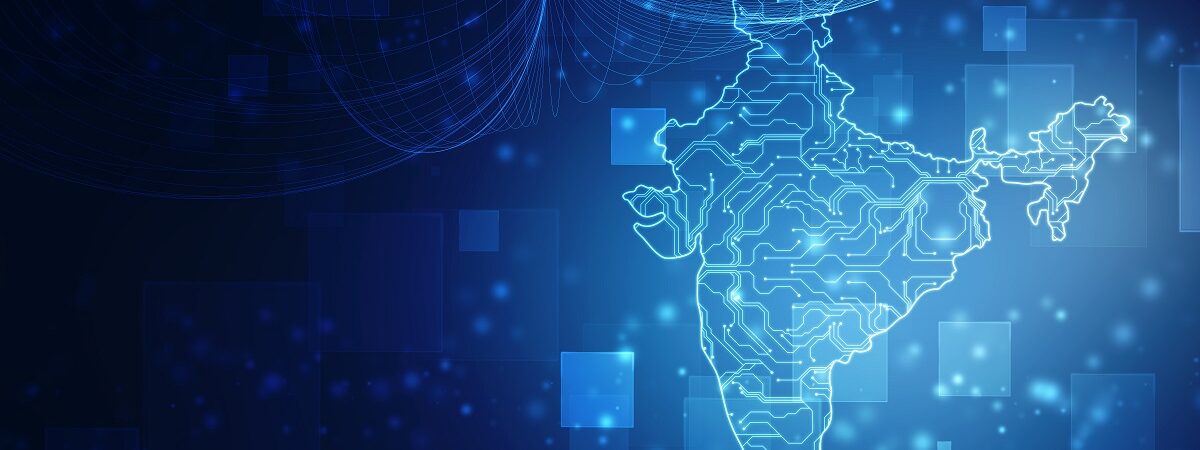
Karya
Model & Strategy
Karya is providing low-skilled and unemployed individuals in India, as well as vulnerable populations worldwide, a pathway out of poverty by engaging them in dignified digital work via their technology platform. To date, Karya’s platform has been deployed across all 28 states in India, bringing AI jobs to 50,000 low-income workers who have completed over 42 million paid digital tasks.
The Problem
In India, 800 million people are underemployed, with 230 million living in poverty and earning just $2.15 per day. This population faces limited opportunities for upward economic mobility, a challenge compounded by a lack of digital access. Developing machine learning and AI models to address this digital divide requires millions of hours of high-quality local language data, yet most Indic languages have very little available data. As a result, only 11% of Indians can access digital products in their native languages. Currently, there is no mechanism for the 230 million Indians living in poverty to participate in the AI labor market, despite the growing demand for local language data from big tech companies, academia, and government.
The Solution
Karya — meaning work that gives one dignity in Sanskrit — is a technology platform addressing two critical issues: the lack of upward economic mobility opportunities for people living in poverty and the digital access divide that prevents non-English speakers from accessing digital products in their native languages.
Karya breaks down substantial chunks of digital work (such as language models and image annotation) into small, manageable tasks requiring little skill or literacy. These tasks are easily distributed using Karya’s offline technology server. Through over 200 partnerships with local NGOs, the Indian government, and other organizations, Karya identifies and engages the most vulnerable workers to complete the tasks. Workers download Karya’s app and see a series of digital tasks available to them based on their skillset in a chat-like setting similar to WhatsApp. Once they submit a task, each micro-task is validated for quality, and the worker is promptly paid via mobile banking, providing a life-changing cash injection. Karya then packages and licenses the datasets to clients like Google and Microsoft at competitive costs, while ensuring Karya workers make $5 per hour — nearly 20 times the Indian minimum wage.
Karya’s goal for the next three years is to impact about 2 million workers and distribute over $20 million in payments across India and Africa
by white-labeling and licensing their platform to trusted NGOs and government agencies. This approach is transforming the data ecosystem by proving data collection can be ethical, competitive in the global market, and empowering for local citizens, providing them with a pathway to contribute to the development of life-changing technologies.
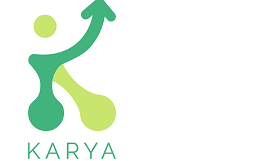
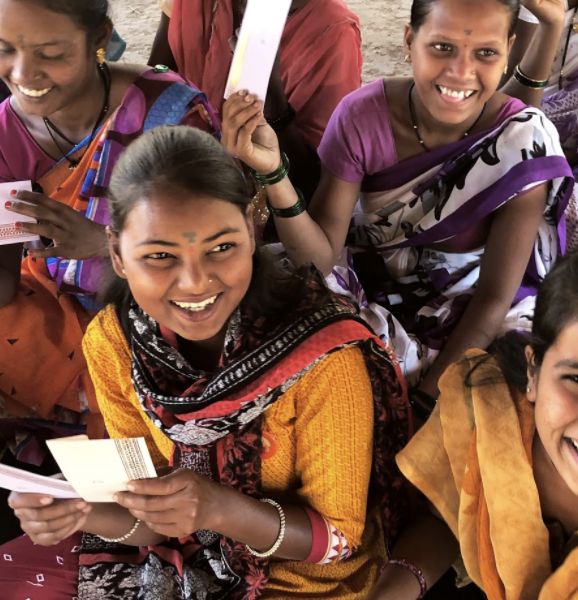
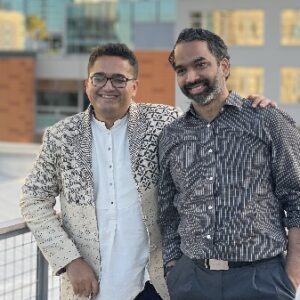
Manu, CEO, studied computer science (with a focus on AI) at Stanford University. Post graduation, he worked at Microsoft Research India where he focused on leveraging tech for impact. Manu was recognized in the 2023 issue of TIME100 AI, an esteemed list highlighting the foremost influencers in the AI space globally.
Vivek, CTO, received his PhD in computer science from Carnegie Mellon and worked at Microsoft Research before meeting Manu and founding Karya.

Impact
Karya’s platform has been deployed across 28 states in India via partnerships with for-profit clients, governments, and academic institutes (e.g., Google, Microsoft, the Indian government, the Gates Foundation, and J-PAL).
In 2024, Karya received $1 million from Google.org for inclusive AI skilling in low-income communities.
In 2024, Karya expanded to Kenya and Ethiopia. By the end of 2025, Karya will bring AI-enabled economic opportunities to over 100,000 low-income workers across the Global South.

